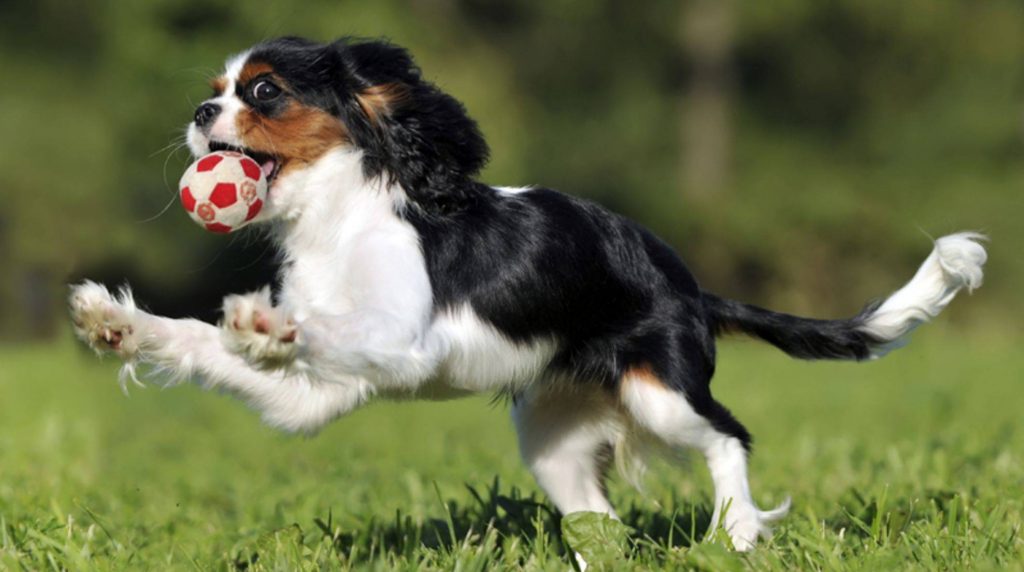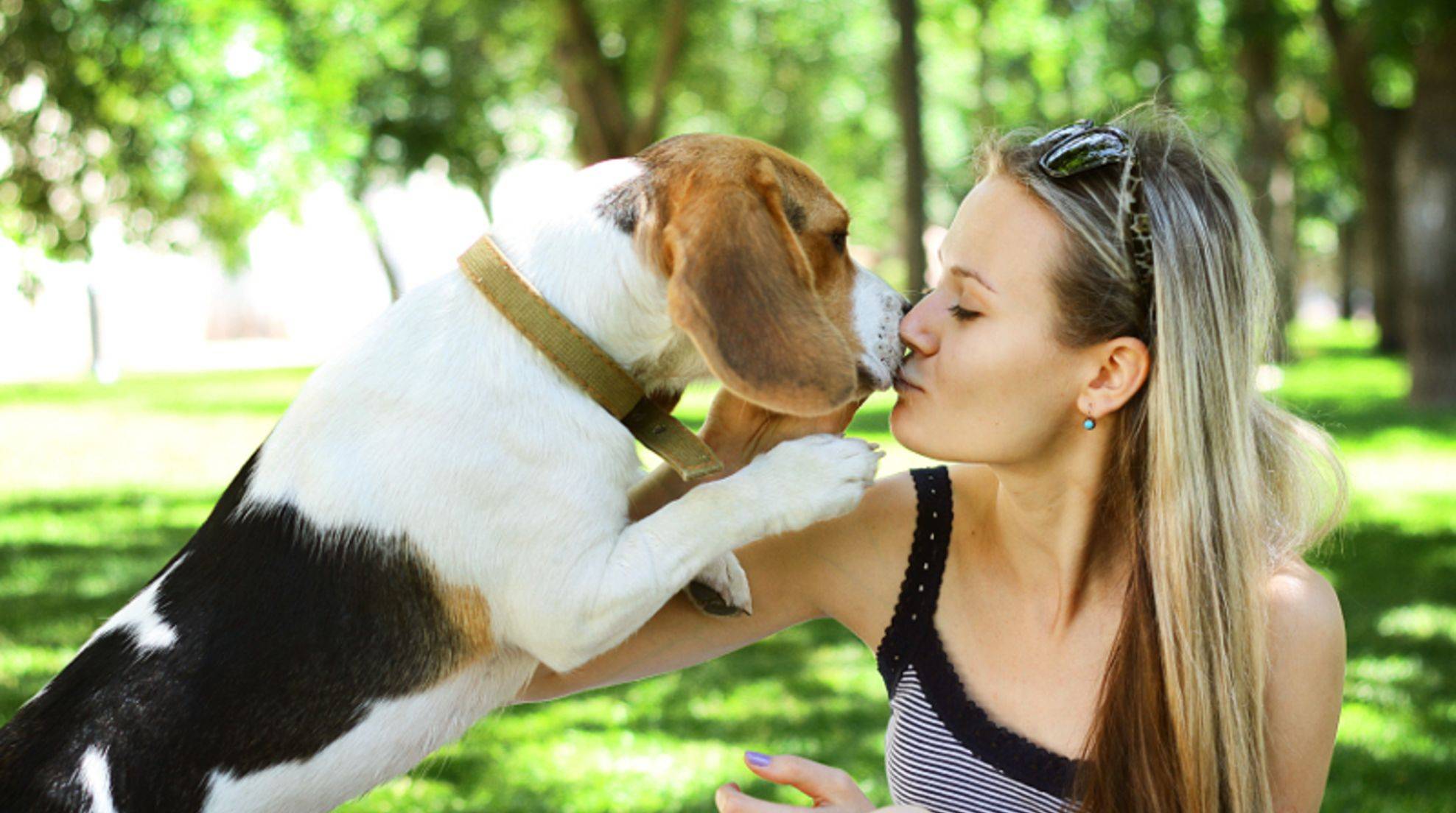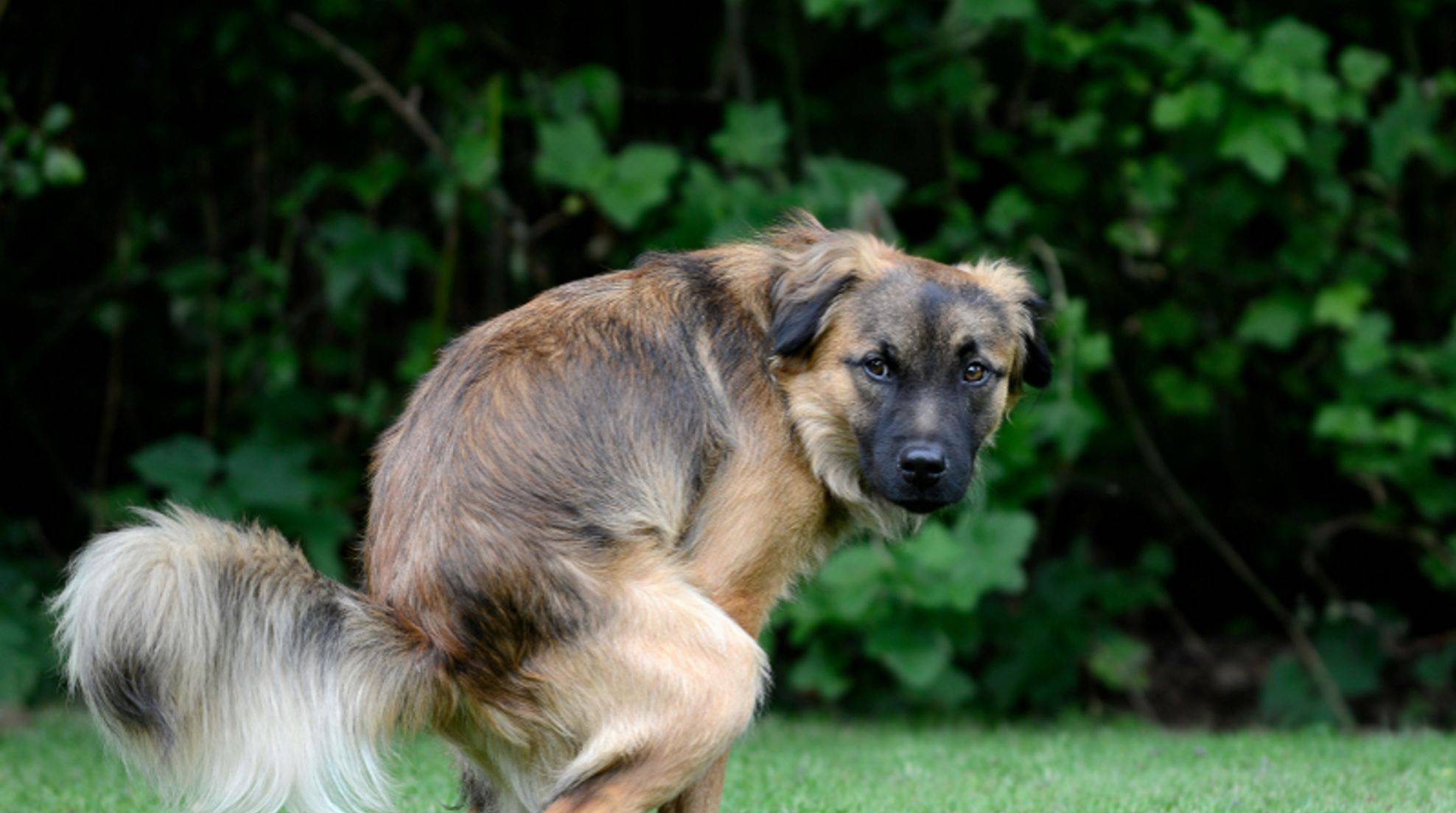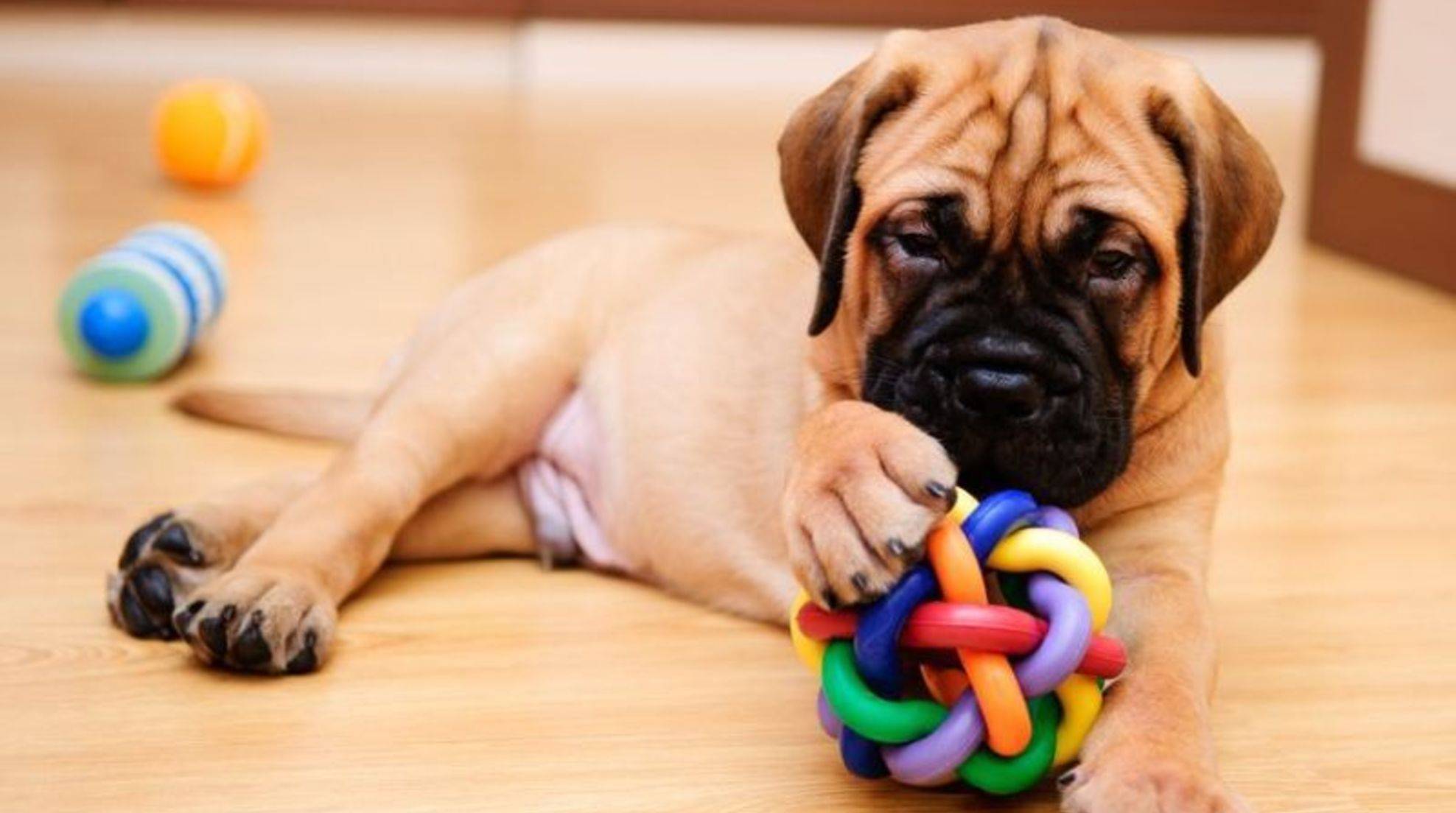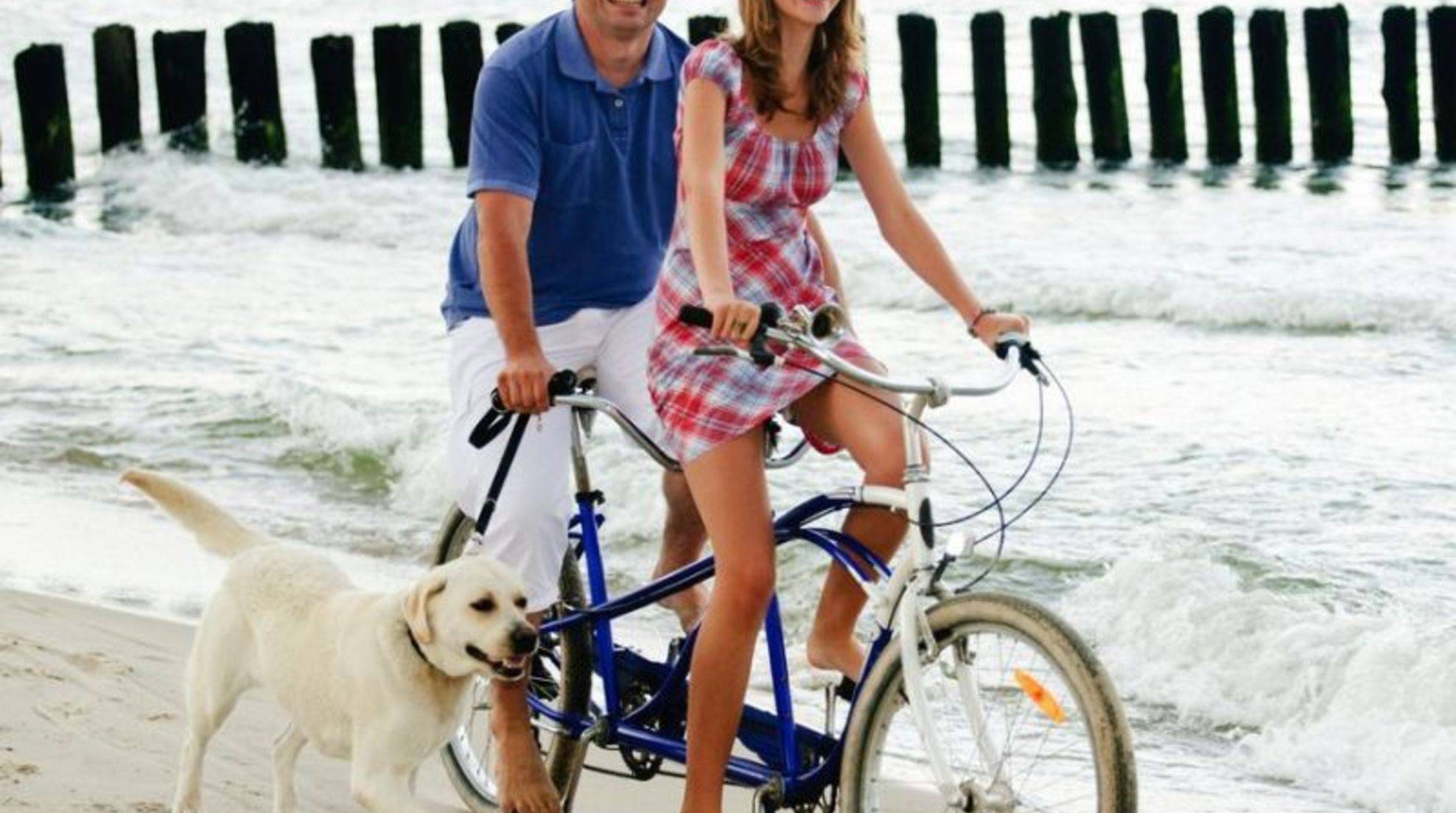Ball junkie: break dog addictive behavior
Once the dog has become a ball junkie, you cannot easily break him from his addictive behavior. It is not impossible, but it requires a lot of patience and care. The following tips will help your four-legged friend regain his composure and enjoy life without playing ball.
For a ball junkie, the ball itself is not the real problem but the chasing and killing of the “prey.” So if you want to break him from the addictive behavior, it is not enough to throw another toy. The inner balance of your four-legged friend has to be learned all over again.
A ball junkie remains a ball junkie: weaning off with “cold turkey.
Dogs that have become ball junkies can be compared to addicted people – alcoholics, for example. They can no longer learn a healthy, moderate way of dealing with ball and chasing games; the addictive behavior has gotten too out of control for that. A relapse into old, addictive behavior patterns must always be expected if a ball junkie can chase balls or other objects. Eliminating such games in the future is equivalent to going cold turkey, which can also help alcoholics, smokers, and drug addicts get away from addiction. Ball junkies, however, are less concerned with a physical dependence on certain substances than with psychological support. Reversing this is difficult – but not impossible – for humans and animals alike.
Your ball-addicted dog is in a state of constant stress because he is constantly on the lookout for fast-moving objects that he can rush and is, so to speak, in a continuous state of hunting readiness. He cannot think about anything else, and everything else is of no importance to him. This is also stressful for the owner, as the relationship with the four-legged friend suffers from the addictive behavior. A great human-dog friendship is impossible, and the ball junkie has become unpredictable. The complete renunciation of the ball and chase games is the only way for affected dogs to regain their composure and learn that there are other nice things in life than the ball.
Offer dog alternatives to ball games.
However, “cold turkey” alone is not enough to break a ball junkie of his addictive behavior. Suppose ball playing is suddenly eliminated and your dog has no substitute activity. In that case, it won’t resolve his stress, and he will seek substitute satisfactions on his own – at worst, chasing the neighbor’s cat or chasing cars and risking a traffic accident. If you want to successfully break your dog’s addiction to ball games in the long term, you should offer him alternatives that give him pleasure but do not get him worked up but allow him to calm down. Training methods and games that require him to concentrate and use his senses and tasks that strengthen his relationship with you are ideal for this.
Also, keep in mind that dogs don’t need to be entertained all day – they usually rest, sleep or snooze peacefully for 18 to 20 hours a day. So you don’t need to keep him busy for more than four to six hours, or even less, as he will be eating, walking, or grooming in between. The rest of the time, you can do nose work with him in small training sessions, play search games and intelligence games, try obedience training, or quiet equipment work. Lunging with the dog is also a great and subtle way to improve trust and understanding between man and animal, as well as the dog’s ability to concentrate. If you feel overwhelmed with this task alone, don’t be afraid to seek help from a professional, specialized dog trainer or an animal psychologist.

